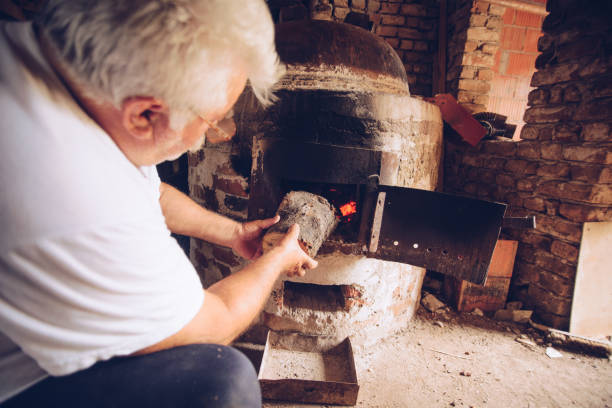Using traditional boilers to heat our homes takes a lot of time, costs a lot of money, and might not be better for the environment. Since the costs of gas and energy keep going up, many people are looking for potential boiler alternatives. Heating systems that use solid fuels like oil can make the air dirty and release greenhouse gases. This could be bad for the earth and make climate change worse.
The Department of Energy and Climate Change estimates that 60% of energy bills are spent on heating homes, and 15% are spent on hot water. Because home heating systems are very expensive, people who want to lower their monthly bills need to find the best alternative to standard heating systems.
So, the UK government has introduced some potential alternatives for eligible households to upgrade their traditional boiler systems with ones like heat pumps and biomass boilers.
Finally, it is worth mentioning that you can apply for the free boiler grant under the ECO4 scheme and can be eligible for the free installation of one of these heating systems.
Why Choose Alternatives to Traditional Boilers?
The Government’s Future Homes Standard will ban gas boilers in new homes from 2025. This is part of a plan to achieve net zero greenhouse gas emissions across the UK economy by 2050, and there is a legally binding target in place to do so.
Heating our homes using natural gas and oil produces carbon dioxide, which, when burned in excess, damages the environment and everyone in it. Adopting an alternative to a traditional boiler can save money and protect the planet.
We can contribute to creating a greener future; even small changes, such as swapping how you heat your home and water, can make a big difference. That’s where alternatives to traditional boilers come in.
What Alternatives to Traditional Boilers Are There?
1. Air Source Heat Pumps
An Air Source Heat Pump (ASHP) is a good alternative to traditional heating methods. These heat pumps use thermodynamics to move heat from one place to another. They take heat from outside air and transfer it into your home’s heating and hot water systems.
Especially in mild climates, these pumps can often be more cost-effective to run than traditional heating systems. This is because they produce a lot of heat for the amount of electricity they use, which is called a high coefficient of performance (COP). Air Source Heat Pumps can heat and cool to be used all year. They can be turned around to cool in the summer, so you don’t need a separate air conditioning system.
2. Biomass Boiler
As the government works to meet its carbon goals, people are constantly encouraged to switch to renewable technologies. A biomass boiler is one such option.
It is eco-friendly to use biomass boiler fuel because it is made from living things like plants and fuel grasses. This renewable fuel is mostly wood and comes in logs, wood chips, or pellets.
On the other hand, a traditional boiler heats with natural gas, which comes from fossil fuels and releases carbon into the air when it burns.
Fuel made from organic materials like trees, wood, or plant-based materials that aren’t used for food or feed is called biomass. Biomass can be burned to release heat that can be used to heat homes and make power.
These boilers work like traditional boilers; they heat the home and water. The only difference is that biomass boilers use wood fuel that has been responsibly found to make heat less costly.
Conclusion
Many of these potential alternatives have one thing in common: they are more energy-efficient and cost-effective than traditional systems. Many of these solutions, though, are qualified for the Renewable Heat Incentive. This means you can switch to a cleaner, greener option that can help the UK reach its goal of zero emissions while also getting a return on your investment over time.
To sum up, you should always consider how much room you have for solutions like pipes, pumps, boilers, and any fuel that needs a dry, suitable, large place to be stored.
Now that you know which option will work best for you, you can start living in a way that is better for the environment.
When it comes to jobs and how green alternatives to gas will change the job market, there is still a big need for gas engineers, and many of them are studying to be skilled in both natural gas and renewable energy sources.
